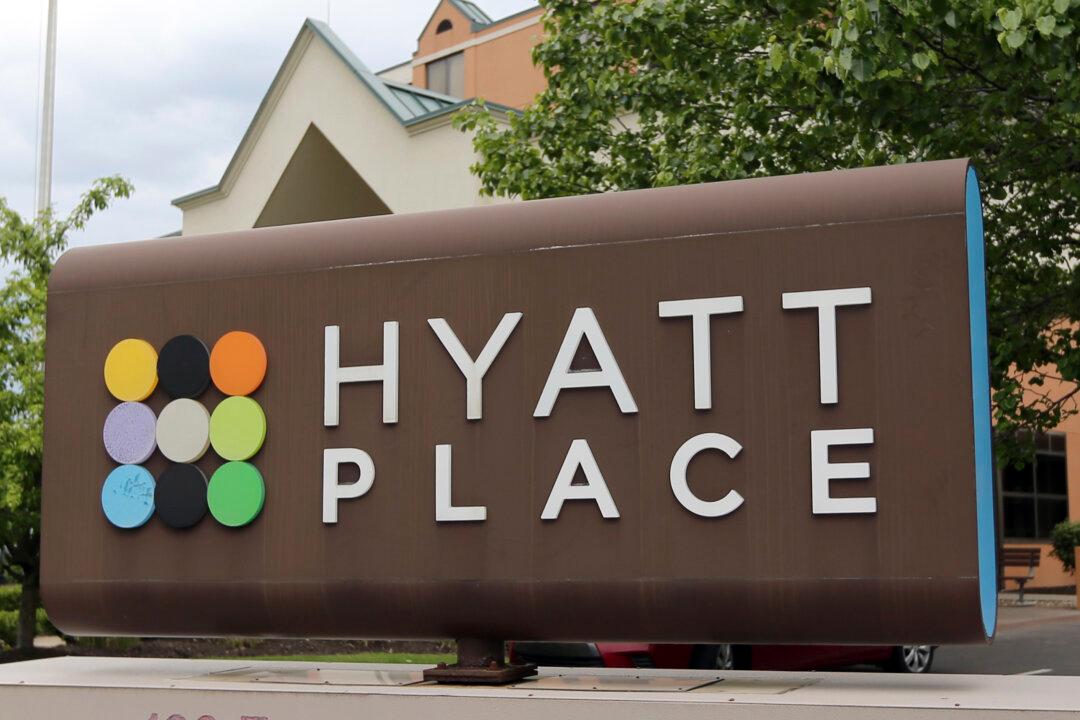Texas Attorney General Ken Paxton filed a lawsuit against Hyatt Hotels for violating the state’s consumer protection laws by “marketing hotel rooms at prices that were not available to the public as advertised.”
Paxton’s lawsuit accuses one of the largest hotel chains in the country of engaging in “false, misleading, and deceptive acts and practices” in violation of the Texas Deceptive Trade Practices Act (DTPA) (pdf).





